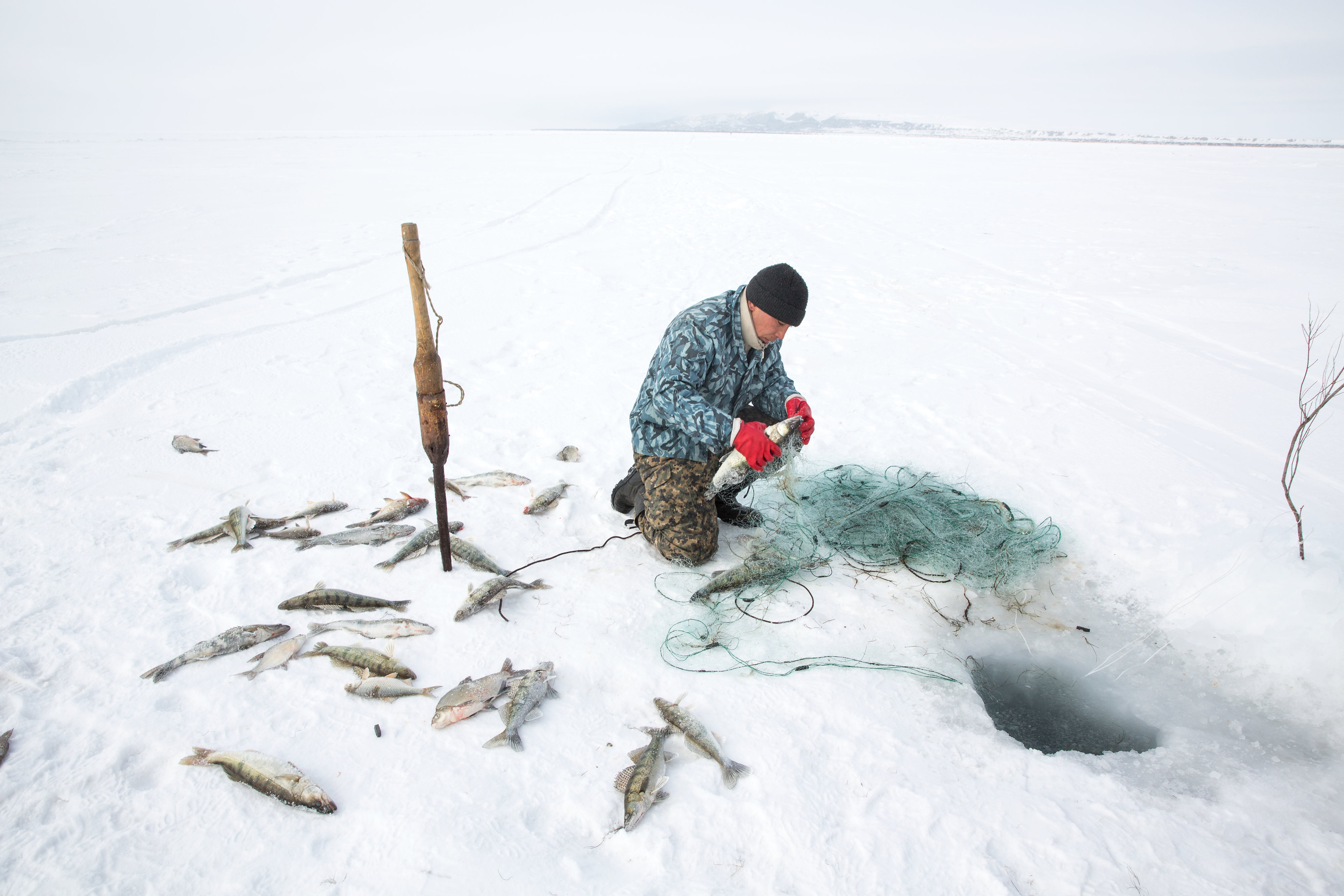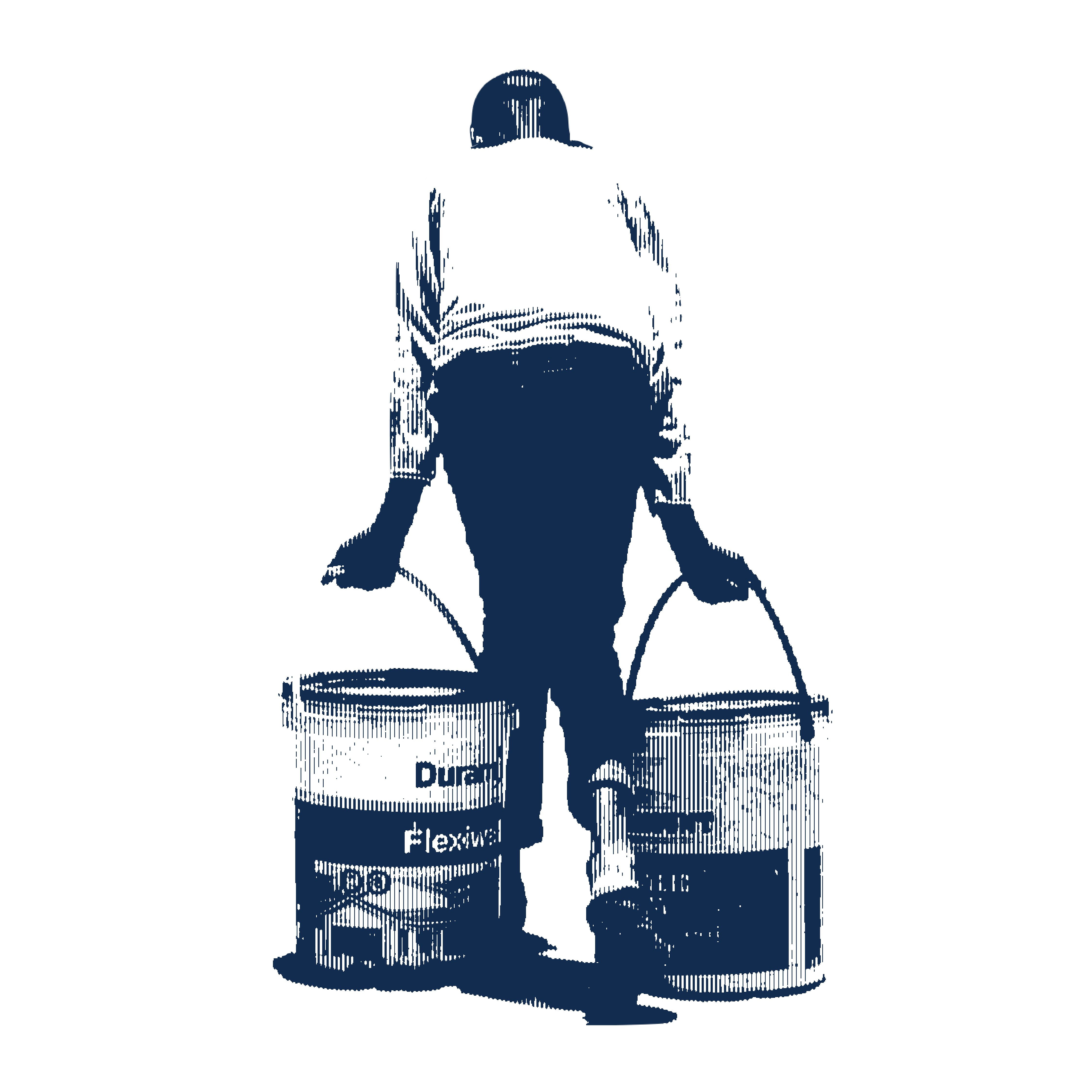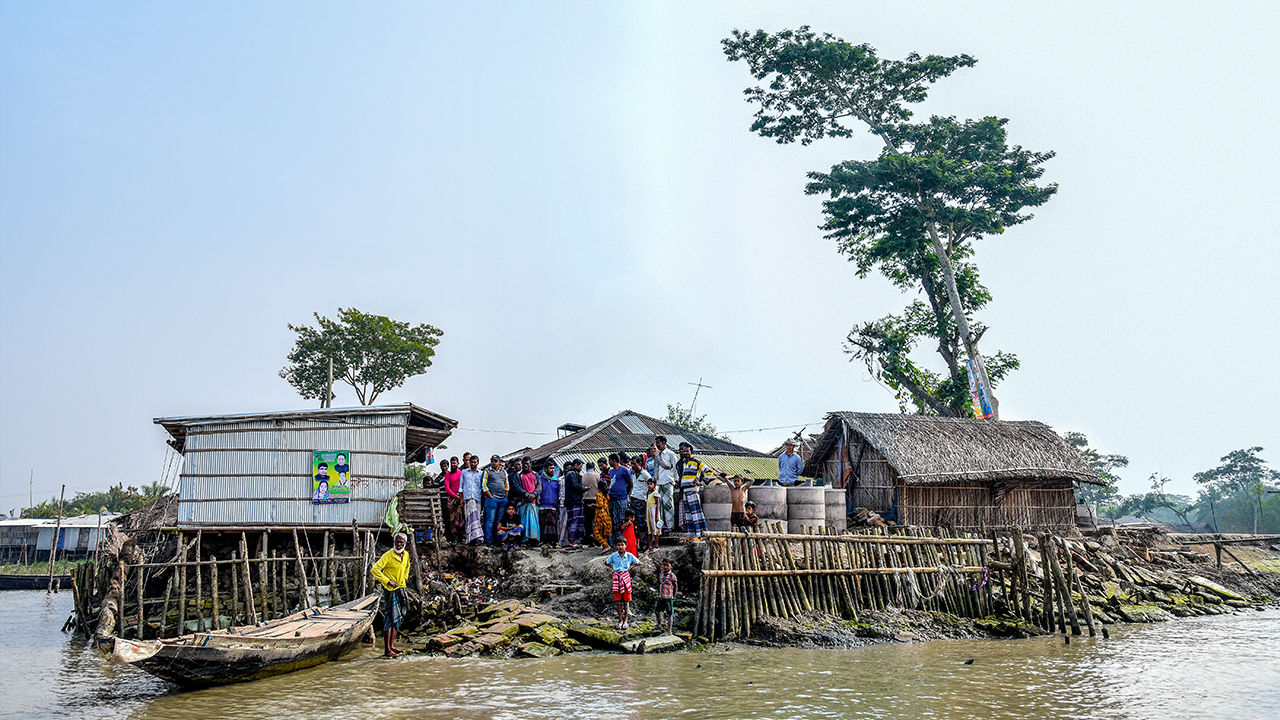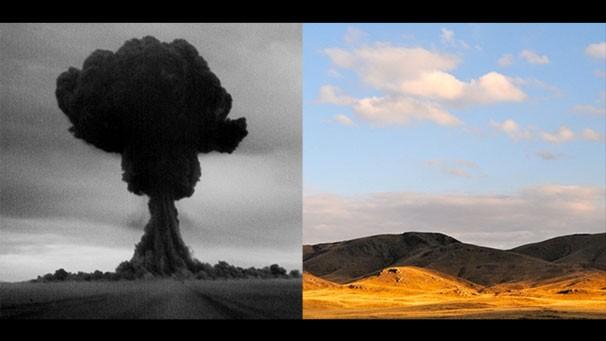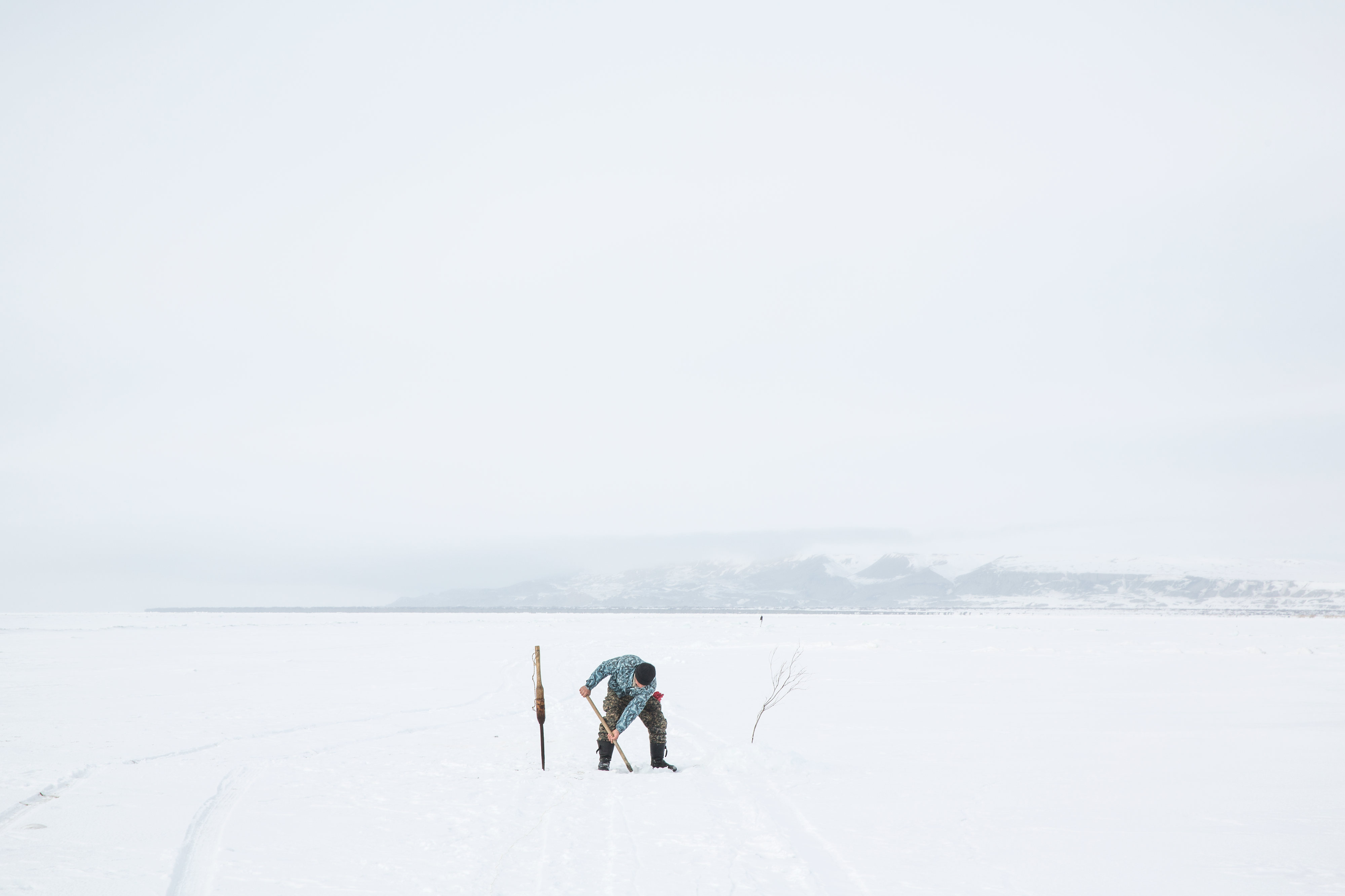
The Aral Sea, once the fourth-largest lake in the world, started drying out and shrinking after the Soviets diverted river water away from it for irrigation purposes in the 1950s. By the 1980s, the salinity in the water was so high that freshwater fish could not survive, thus effectively killing off the fishing industry in southwestern Kazakhstan that depended on it, and dooming the towns that lived off this income. But a 2005 dam launched by the World Bank has turned some things around in Kazakhstan.
Thanks to this project, the water surface of the Aral Sea in Kazakhstan has expanded, and the freshwater fish catch has grown more than six times since. Journalists Dene-Hern Chen and Taylor Weidman travel to the fishing villages around the Aralsk region to learn how the fishermen's lives have evolved and whether they have learned the lessons of their past.


